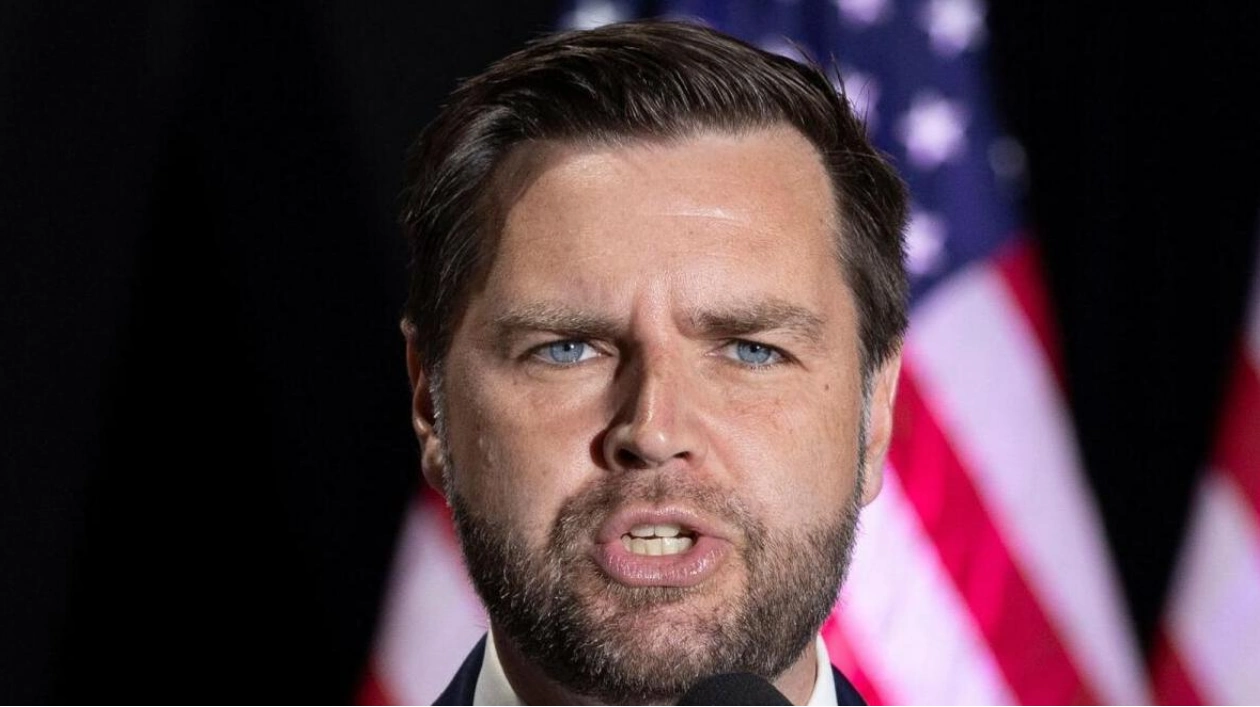Republican US vice-presidential candidate JD Vance expressed support for Donald Trump's stance on presidential involvement in Federal Reserve Board policy-making, including interest-rate decisions, during an interview on CNN's State of the Union. Vance argued that such decisions should be considered "political." This follows Trump's earlier statement that the president should have a say in these matters.
Vance elaborated that Trump believes the US political leadership should have greater influence over monetary policy. Although the president nominates Federal Reserve Board members, previous administrations have generally avoided direct interference to prevent short-term political pressures that could harm the economy in the long term. Despite this, past presidents have occasionally expressed dissatisfaction with the Fed's positions.
Vance concurred with Trump, stating that these decisions should fundamentally be political and that American elected leaders should have input on crucial national decisions. He acknowledged that shifting away from the Fed's traditional independence in monetary policy would be a significant change.
At a recent press conference in Florida, Trump claimed that his business success gave him better instincts than many Federal Reserve members or the chairman. However, he omitted mentioning several instances of his businesses defaulting on interest payments and filing for bankruptcy.
Democratic presidential nominee Kamala Harris strongly opposed Trump's views, emphasizing the Fed's independence and her commitment to not interfering in its decisions. The Fed started raising interest rates in March 2022 to combat inflation, which has since shown signs of easing.
The remarks by Trump and Vance coincide with the controversial "2025 Presidential Transition Project," which recommends extensive changes to the federal government if Trump wins the November 5 election against Harris. Among its proposals is the appointment of a commission to explore the Federal Reserve's mission and alternatives to its system.






